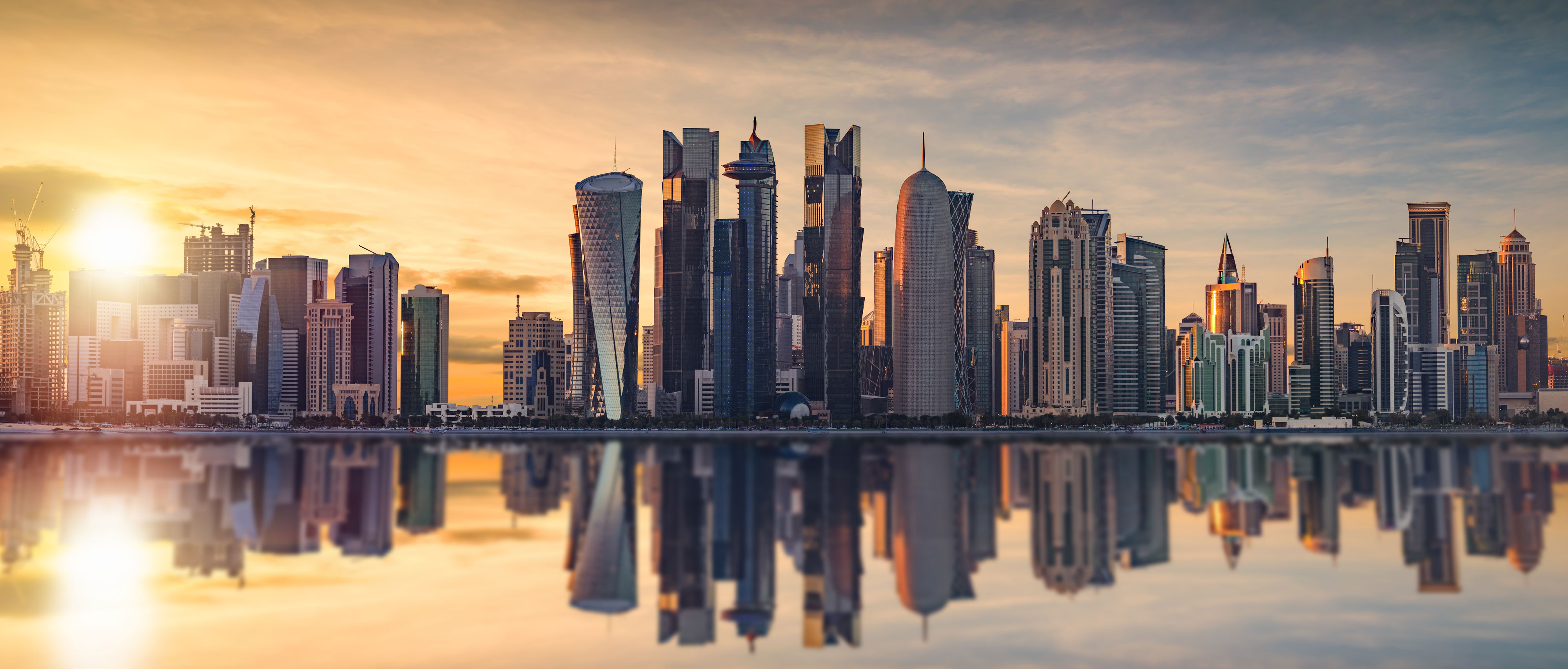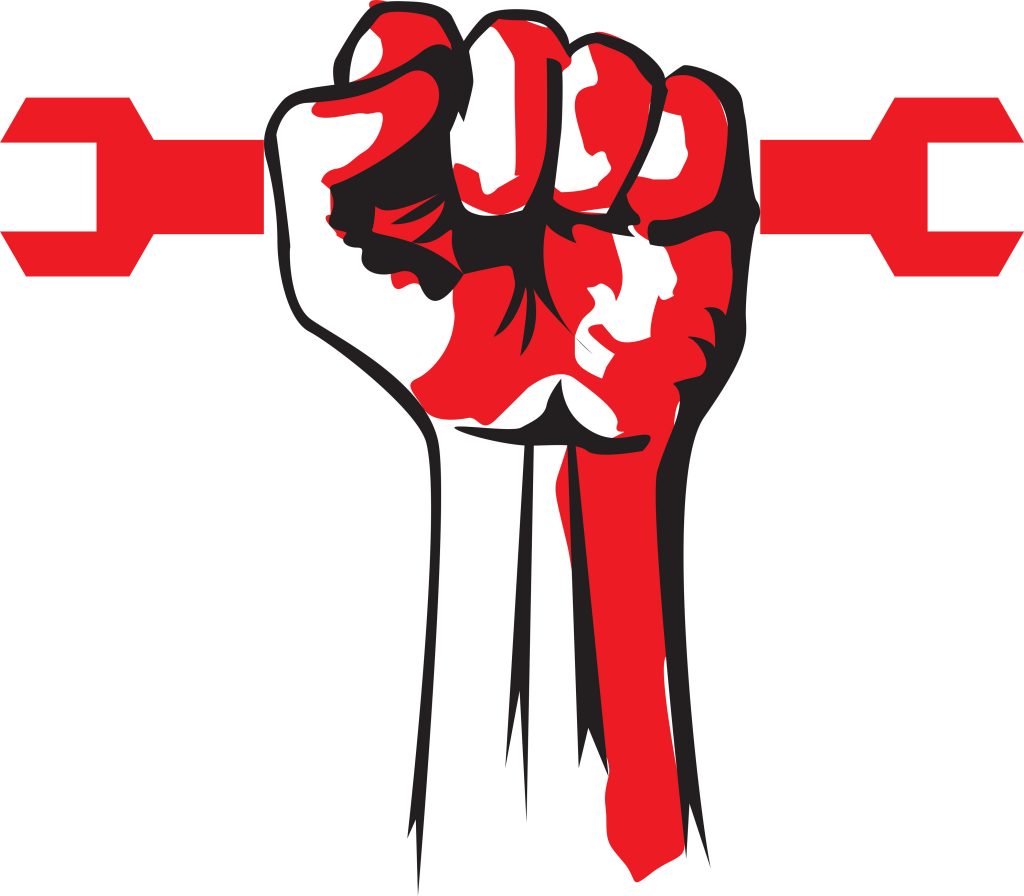Qatar 2022 World Cup: Laws, Changes and Legacy Benefits

The 2022 FIFA World Cup™ is shaping up to be a momentous event. It will be the first to be held in the Middle East and the first to be hosted by an Arab country. It is well-known that the FIFA obligations imposed on a host country in relation to the tournament involve substantial changes to its laws in order to accommodate FIFA’s commercial, licensing and tax requirements, among other issues.
This is not to say FIFA can simply impose its will and insist on complete changes to Qatar’s legal system. Qatar is a relatively conservative Arab country with traditional and established legal concepts and customs. While by necessity, and by virtue of similar situations at previous World Cups, changes will need to be made to certain local laws to meet FIFA requirements, such changes will need to be through agreements between the host country and FIFA.
Getting this balance right will result in mutual benefits for Qatar and FIFA to create a successful tournament as well developing an ongoing legacy for the host country in conjunction with the Qatar National Vision 2030. Some of these changes in law are still to be agreed while others may have already set in motion positive developments, as further shown below.
 Legal challenges
Legal challenges
FIFA has strict requirements in respect of all aspects relating to a World Cup, from stadium construction, accommodation and transport to publicity and marketing matters related to the event. Changes to local laws are generally needed in order to allow for, among other things, FIFA to obtain all required Qatar government guarantees in respect of the World Cup, FIFA-designated goods and merchandise to be imported into Qatar free of customs duties, FIFA’s intellectual property (‘IP’) and authorised sponsors and licensees to be protected against unlawful third party actions such as sale of counterfeit goods and ambush marketing (see more below). FIFA also requires that it is exempted from taxation or otherwise favourably treated in respect of World Cup-related income.
While there will be changes made to comply with such FIFA requirements it will generally still be necessary for persons doing business in Qatar to comply with existing Qatar laws, for example in respect of IP protection, events, customs and consumer protection, to the extent there is no conflict between the two.
Specific changes to laws and/or the enactment of enabling laws in respect of government guarantees, customs requirements and taxation have not yet been implemented. It is expected these will be agreed between Qatar and FIFA within an appropriate time period prior to the 2022 tournament, although the basis and extent of these new laws is not yet clear. It seems, however, that in respect of licensing and merchandising matters, such as in respect of ambush marketing and fake/counterfeit merchandise, the legal approach and position will be similar to that taken at previous World Cups, .
Sponsorship and Merchandising
Ambush marketing is essentially the unauthorised association by an entity of its products and/or services in respect of an event where it has no sponsorship or licensing rights. The entity is often a competitor of a duly authorised event sponsor/licensee. The aim, via clever marketing and the pushing of legal boundaries, is to create the perception (and obtain the related commercial value) of the ambushing entity being associated with the event in question, to the detriment and loss of the authorised event sponsor or licensee who has paid a substantial amount for such privilege.
Fake/counterfeit merchandising involves the sale to the public of event-themed and event-linked goods where the sellers are not authorised to do so and/or where the actual goods being sold have been not produced under authorised licence.
As with previous World Cup tournaments, the intention of the Qatar authorities and FIFA is not to take a heavy-handed approach but at the same time ensure that action is taken quickly and decisively against any infringing persons. Special investigative units and courts specifically to deal with cases of ambush marketing and counterfeit merchandise will be created. This will involve enabling legislation being introduced to allow authorised officials to monitor and stop infringements by conducting local investigations and court hearings and issuing immediate fines to perpetrators. The plan is not to provide for any jail sentences but in all cases the infringing goods would be confiscated.
These additional legal provisions will be supplementary to existing Qatari copyright and trademark laws which protect IP and related licensing rights in accordance with international standards. FIFA has also published an exhaustive and extremely strict code of what it considers to be unacceptable marketing practices surrounding its World Cup tournament.
Customs and Consumer Protection
Irrespective of specific agreements reached with FIFA, any goods coming into Qatar in connection with the World Cup will need to comply with the existing Customs Law, whereby the General Authority of Customs have the right not to permit any goods to clear customs and enter Qatar unless such goods have been approved by the relevant authority.
Incoming goods will also need to comply with the existing Consumer Protection Law. This gives consumers in Qatar the right, amongst others, to return defective products, to the repair or replacement of any defective products and the right to receive accurate information about the products. The Consumer Protection Law prohibits the sale or marketing of defective or expired goods, with goods considered defective if they do not comply with specific standards, are unfit for purpose or have expired.
The Electronic Commerce Law also addresses certain consumer rights by stating that its provisions are applicable to the provisions of the Consumer Protection Law. This ensures that both physical and online sales and marketing transactions are covered in relation to counterfeit goods.
 Tourism and Events Management
Tourism and Events Management
The provisions of the Tourism Licensing Law, which govern business activities in the tourism sector within Qatar, are applicable to the hotel and other industries within the tourism sector. They will impact related World Cup activities and ventures. The law regulates ‘tourism establishments’, defined as places operating mainly to accommodate tourists, such as entertainment establishments and specialised clubs, and other places allocated to provide services for tourists, such as tourism offices, offices offering tourist transport, tourist guide offices and time-sharing places, and any other establishment deemed to be a tourist establishment in accordance with a decision of the Minister of Economy and Commerce or the proposal of the President of the Qatar Tourism Authority. It also covers ‘tourism activities’: any activity of the transport of tourists including the transport of tourists on trips onshore or offshore, the activities of tour guides, time-sharing and any other activity deemed to be a tourist activity in accordance with a decision of the Minister of Economy and Commerce or the proposal of the President of the Qatar Tourism Authority.
Under the Tourism Licensing Law, a licence is required to establish or manage a hotel or tourist establishment or to practise any tourist activity. Applications for such a licence is made to the Qatar Tourism Authority and all hotel and/or tour operators wishing to conduct such activities in relation to the 2022 World Cup will need to be aware of such requirement.
Gambling
As with all major sporting events, the World Cup will generate substantial gambling activities. Gambling is prohibited in Qatar in all forms, whether land-based or online, as well as the advertising of gambling activities. Accordingly it is unlikely that any gambling will be tolerated and any offenders would face prosecution. The risk of enforcement against an online gambling operator outside of Qatar is lower but the offending website could be blocked by the authorities pursuant to provisions under the Cybercrime Law, which also provide for the confiscation of all devices, software or equipment used in the commission of the offence and the confiscation of any funds obtained from such offence.
 Worker’s Rights and Laws
Worker’s Rights and Laws
Due to the extensive construction and infrastructure projects associated with the 2022 World Cup in terms of stadiums, accommodation and transport, a lot of attention has been focused on the rights and welfare of the many workers who will be engaged on these projects. Certain rights and protections are granted to workers in Qatar under the Labour Law and these have been further supplemented pursuant to the adoption in 2013 of specific workers’ charters by the Supreme Committee for Delivery and Legacy (the ‘SC 2022’) and Qatar Foundation for Science, Education and Community Development (the ‘Qatar Foundation’).
The Labour Law provides workers with certain rights and protections in respect of the provision of necessary equipment, the nature of work to be performed, remuneration, working hours and holidays, annual and sick leave, other forms of leave, occupational health and safety, compensation for accidents and death, end-of-service gratuity and repatriation obligation upon termination. Non-Qatari workers are not permitted to form worker committees, unions or similar collective organisations.
The SC 2022’s Workers’ Welfare Standards charter, which covers all workers engaged in the World Cup stadium construction and infrastructure projects overseen by the SC 2022, says additional protections are provided to such workers requiring all its contractors and subcontractors for stadium-related projects to comply with such charter. These protections include, without limitation, ethical recruitment and fair treatment, employment offer minimum requirements, responsibility for relocation costs to Qatar, no retention of worker passports or other personal documents, dignified and ethical employment conditions, the provision of medical insurance, accommodation and food standards, reporting requirements for employers, the creation of workers’ welfare forums, transportation and site requirements and access to information in an appropriate language.
The Qatar Foundation Mandatory Standards of Migrant Workers’ Welfare document provides similar additional rights and protections for workers involved in all Qatar Foundation projects, which includes one of the World Cup 2022 stadiums and related facilities. The Qatar Foundation charter sets out certain minimum standards with regards to the recruitment, living and working conditions of workers engaged in construction and other projects at the Qatar Foundation. These standards are applicable to, and compliance is required from, all contractors and subcontractors of Qatar Foundation. The required standards include, without limitation, preparation of a welfare adherence plan and related audit, workers being informed as to all entitlements, a safe and healthy work environment, a clean, safe and healthy living environment, equal and humane treatment, equal pay for equal work, regulated working hours, medical insurance and skills training.
Accessibility Requirements
Accessibility to stadiums for disabled persons and/or persons in wheelchairs is a mandatory requirement of FIFA for all stadiums constructed for a World Cup tournament. In this respect, the SC 2022 is ensuring that all World Cup 2022 venues will be accessible to persons with disabilities so as to make the event inclusive for all. Pursuant to this requirement, accessibility is incorporated into all areas of stadium and venue design such as seating, entry and exit points, parking and toilet facilities. The SC 2022 has advised that the amount of seating for disabled persons (including for disabled media representatives) will be based on the size of each stadium and will include places for people with autism as well.
From a local perspective there is no substantial legal provision in respect of accessibility requirements for persons with disabilities. In terms of the Qatari Law in respect of People with Special Needs, there is a general requirement to provide people with special needs with, inter alia, the means for assisted transport and equipment, accommodation for safe and secure movement as well as special facilities in public places. The Ministry of Municipality and Environment covers some of these aspects in terms of its requirements for building works, along with various other ministries and local authorities in relation to building matters, but these requirements do not extend as far as those of FIFA in terms of accessibility. However, the overall scope of the World Cup 2022 requirements would seem to imply accessibility requirements for disabled persons will inevitably need to be extended to other World Cup-related areas such as hotels and accommodation, airport and transport facilities and fan zones in order to be compatible with those at the stadium venues.
Summary
FIFA has strict benchmarks to meet when it comes to the stadiums, facilities, logistics and publicity for World Cup events while Qatar has strict legislation that cannot be easily or quickly changed. The attaining of a mutually beneficial solution will take time but can be achieved after undertaking detailed research and analysis to understand the laws that may need to be enacted or changed to host the tournament.
There are plenty of precedents for this. South Africa for instance enacted a law to enable speedy trials in special courts in respect of crimes by fans, Brazil enacted legislation to accommodate FIFA requirements and Russia, the 2018 hosts, have also made changes to their laws in connection with the World Cup.
The process of analysis is well under way in Qatar and changes to laws and standards in connection with World Cup 2022 have been and continue to be considered. The prospects seem to be in place for finding a solution that satisfies external and internal stakeholders, ensures a successful tournament for FIFA and the host nation as well leaving a meaningful legacy of progressive standards and legal considerations.

NB: A version of this article was first published during the week of 18 June 2018 on Lawinsport.com.
Al Tamimi & Company’s TMT team regularly advises on the full spectrum of technology, media and telecommunications matters and Roberto routinely provides key support to our Sports Law and Events Management practice. For further information please contact Steve Bainbridge (s.bainbridge@tamimi.com) or Roberto Lusardi (r.lusardi@tamimi.com).
Stay updated
To learn more about our services and get the latest legal insights from across the Middle East and North Africa region, click on the link below.





